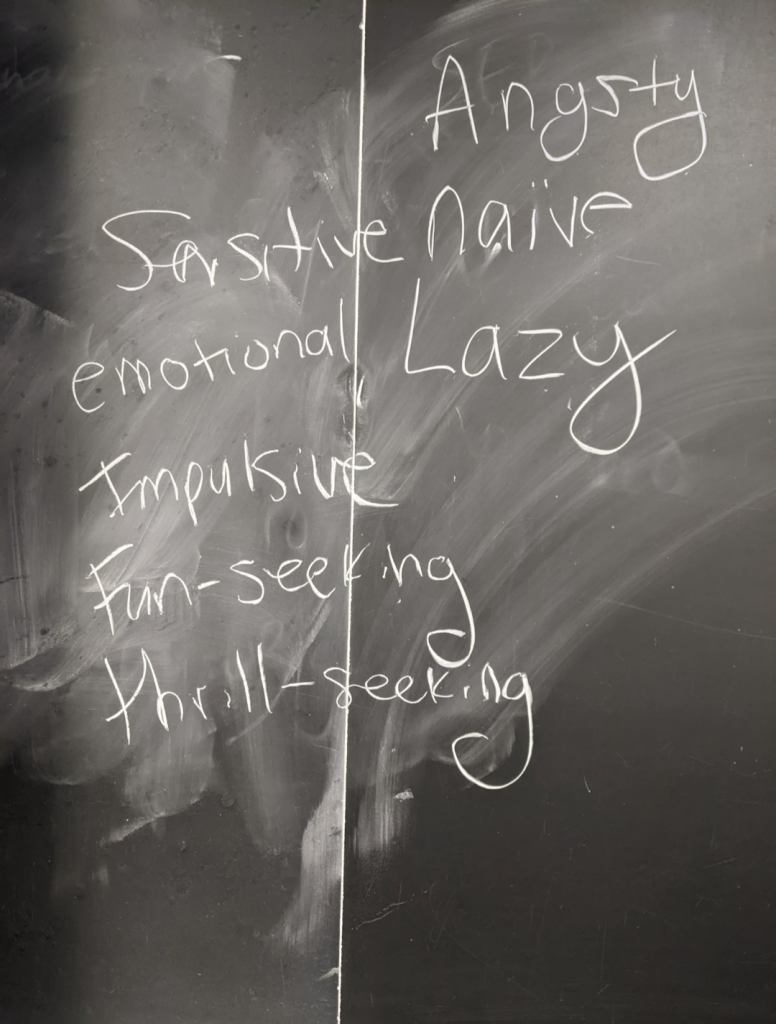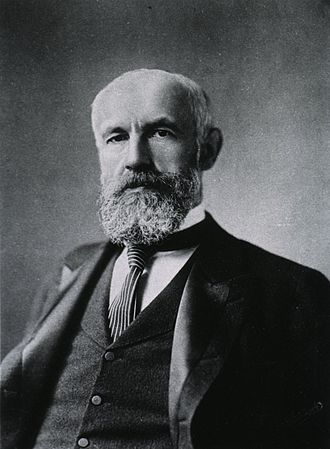While not many of my freshman students identify as being “adult,” they commonly do identify with being an “adolescent.” I follow up by asking them, “what are some commonly-held stereotypes about adolescents?” The answers vary by cohort, but they are always predominantly negative.

It makes me wonder if they see themselves this way, and if so, how damaging that must be for them. Why do we associate this period of life with strife, unrest, and angst?
The answer may lie, partly, in the history of “adolescence” as a concept, which didn’t even exist until the end of the 19th and early 20th century. Traditional gender roles were much more fixed than they are in recent times; and, young people (as they tend to do) began challenging the status quo. Boys, in particular, were increasingly seen as being “passive” and “vulnerable” which were concepts previously associated only with girls. It’s a very human impulse to label phenomena, and a new term was needed to describe what was going on. In the end, it was G. Stanley Hall who is best known for restructuring psychological thinking about adolescence.

Hall was…a complicated man, to put it nicely. On one hand, he was a proponent of adding more science into the study of psychology (a good thing). He criticized Freud’s theory, a predominant one at the time, to be too unscientific for his taste. Hall was particularly inspired in Darwin’s theory of evolution, which would be an important basis for Evolutionary Psychology. He also was the 72nd most cited psychologist of the 20th century. The fact that we are still talking about him in psychology courses says a lot about the staying power of his ideas.
On the other hand, he took Darwin’s theory to an extreme degree, and it shows in his work in problematic ways. Hall believed that those who were sick, poor, or had disabilities or developmental delays were weak and defective. Further, he believed that humans with these challenges should be banned from reproducing, even if that meant sterilizing them against their will. Oh, and he was also openly anti-Semitic.

Yikes on several bikes.
So, what were Hall’s views on adolescence?
He defined this this stage of life as a time of “storm and stress,” a euphemism that still enjoys some play today. He believed that masturbation was immoral and that it interfered with moral and intellectual growth. He believed that puberty, for females, was a marker of “biological destiny” to reproduce, and ignoring this would cause peril both to the person and to society more broadly.
The point of this piece is not to dunk on Hall, but rather to show how far our understanding of adolescence has come. Rather than being inherently “storm and stress,” we understand that most people transition out of adolescence without any major problems. We understand that masturbation is normal and healthy, and that freedom to reproduce (or not) is a sacred and personal choice. But you have to wonder how much his ideas still cloud our mind around this period of life. And how much of that negative energy we’re reflecting back on our youth.
